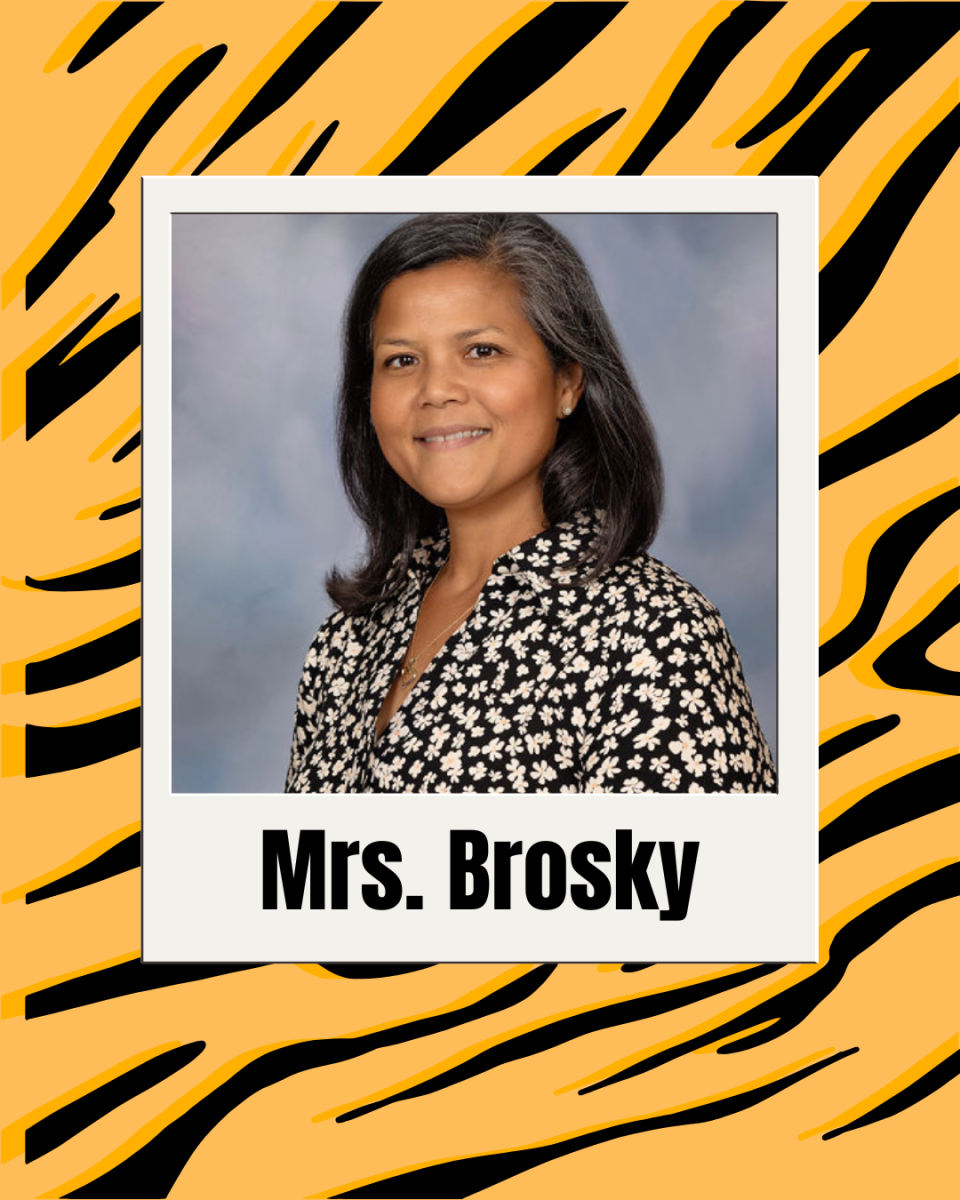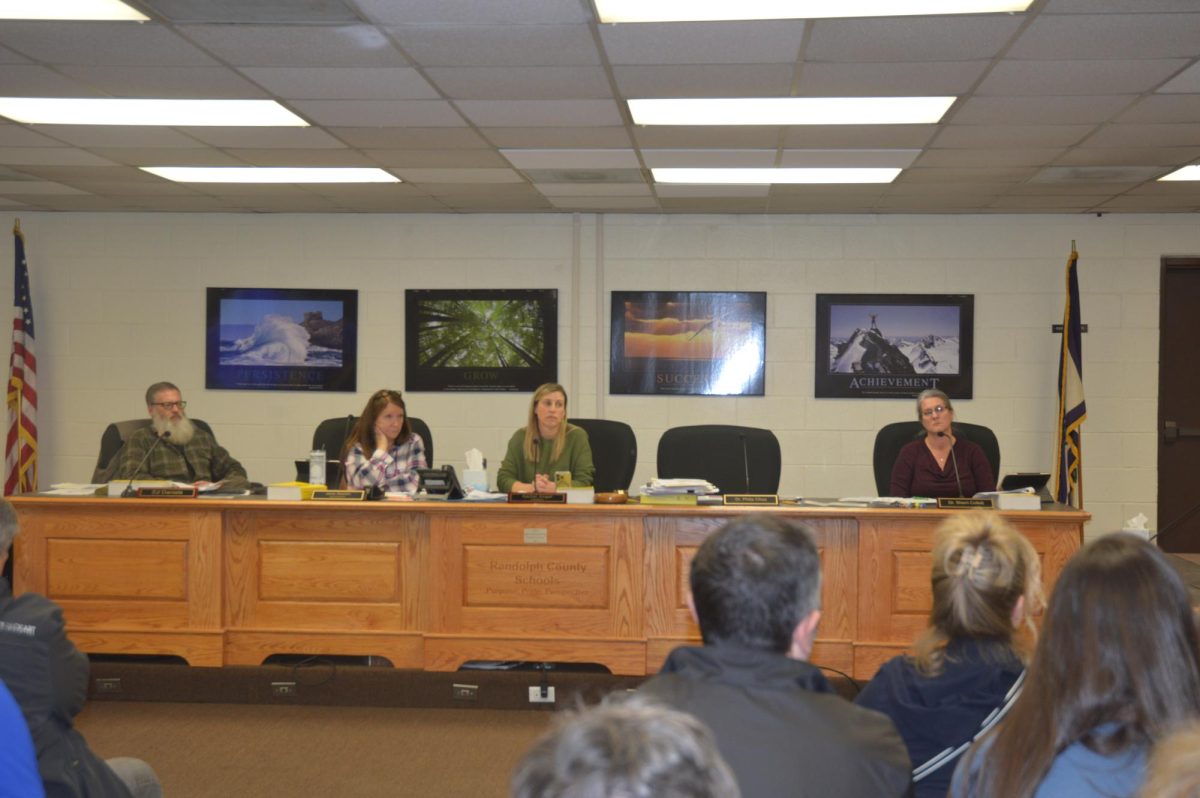As graduation grows closer, many students are talking about their choices for college. One of the biggest questions students must face is “in-state” or “out-of-state”? With the question circling juniors and seniors, the connotation used leaves an even bigger question for the deciders– is there something wrong with in-state college?
Alyson Evick, who ultimately decided to attend West Virginia University, shared her prior feelings about going to school in-state.“I felt going to WVU was just like going to school in my hometown– even though it’s a university of the whole state and plenty of people from around the country go there too. Just so many people I know go there that I thought it would be like a giant Elkins,” Alyson explains. “I realized though, that how closeby a school is doesn’t make it lesser in quality. I’m still going to get a good education, and once I separated location from school, I realized that the college itself was a good fit for me.”
Mr. Talbott, a guidance counselor at Elkins High School, agreed with Alyson’s view. However, when asked if going in state negatively affects opportunities, he provided a different insight. “I don’t think it negatively affects opportunities at all. As a matter of fact, I think it provides more opportunities for students to stay local and closer. And I might be talking more from personal experience, I know when I went to EHS there was definitely a stigma. ” While Mr. Talbott followed this pressure out of state, other teachers, such as Mr. McGill and Mr. Hopwood went on the opposite side of the spectrum. Both attended Davis and Elkins College, the most local option to EHS. While they agree that the stigma is real, and definitely affects students’ college decision process, they say it shouldn’t.
“My teaching degree from D&E is the same as somewhere from WVU, (or) Marshall,” Hopwood stated. “It’s the same majors, but it was cheaper for me to go to D&E, and now, I have less financial problems than a lot of other people who have the exact same degree.”
Financial aid is one of the largest impacts on students’ college decisions. Although some opt for the cheaper school, the more expensive education can seem appealing. A higher price tag equals a higher level of education. But as many teachers argue, that is simply not true.
When deciding on the right university, students must take into account their own personal needs, preferences, and overall interests, not just what other people expect of them. A stigma that can leave young people in extreme debt, or in vulnerable positions is dangerous, and as a community, that stigma needs to stop.




